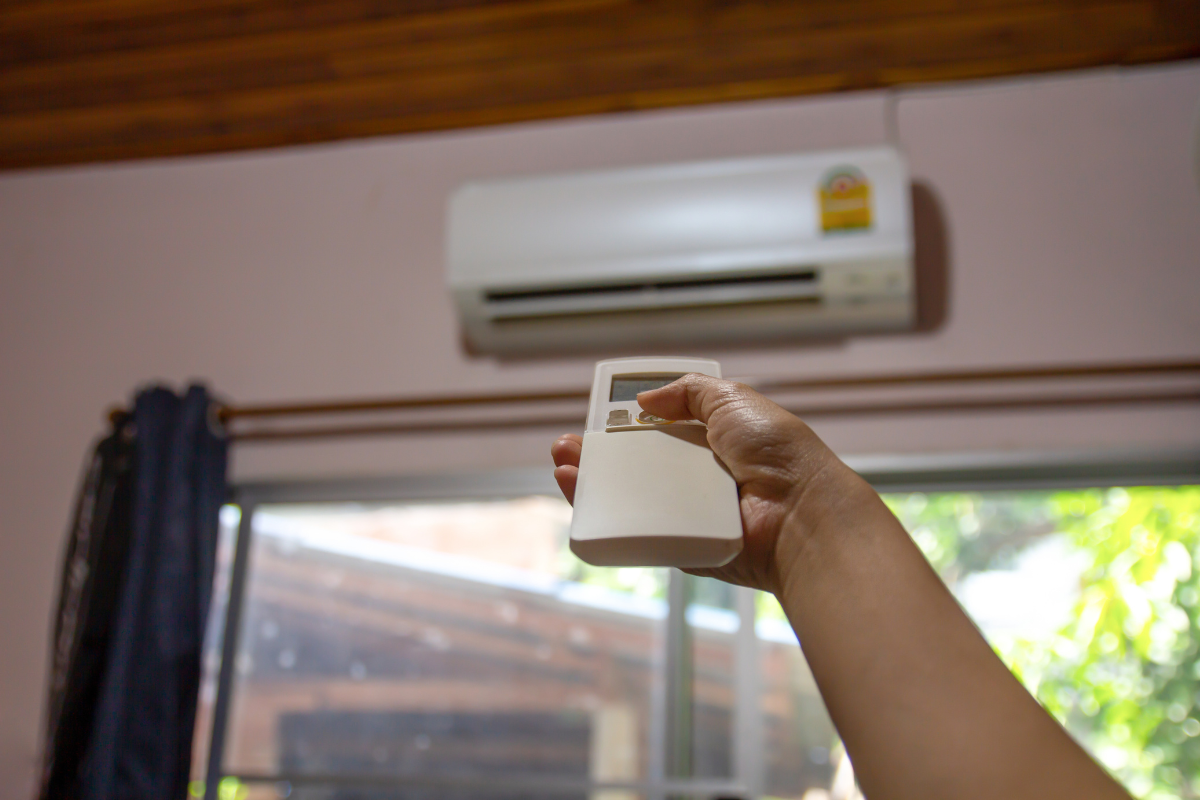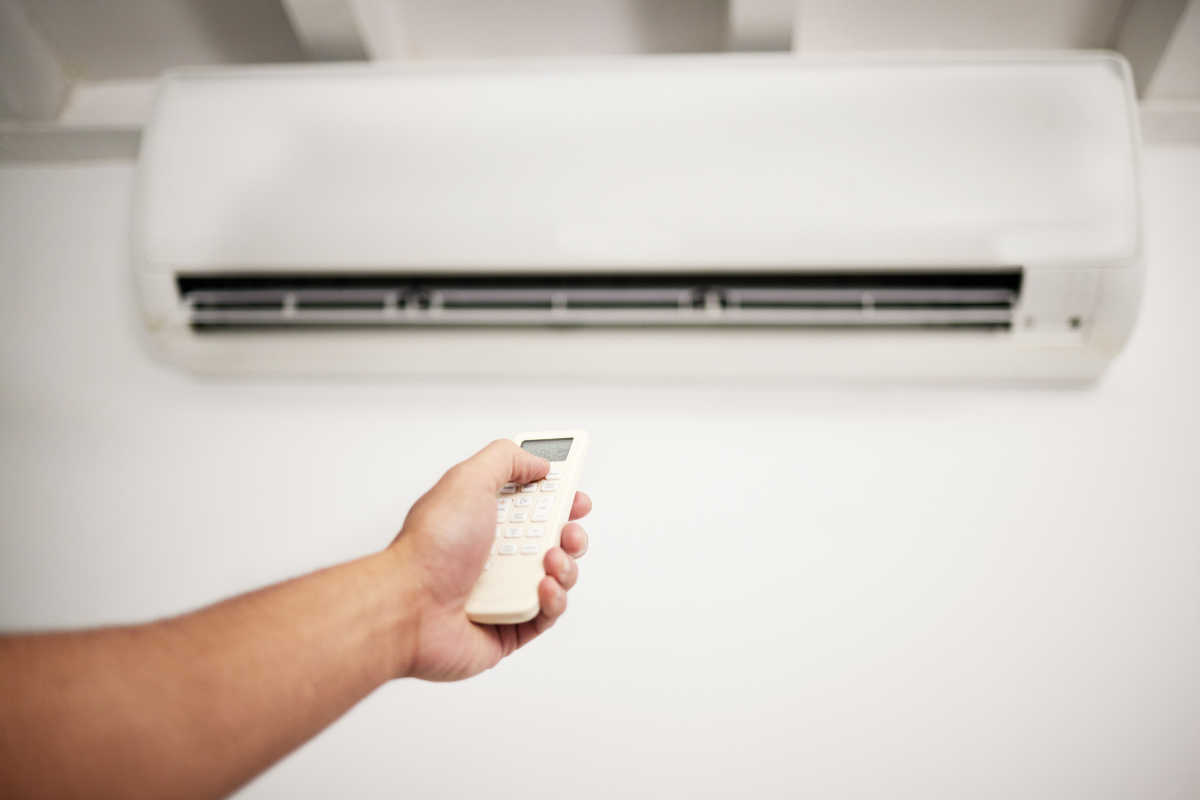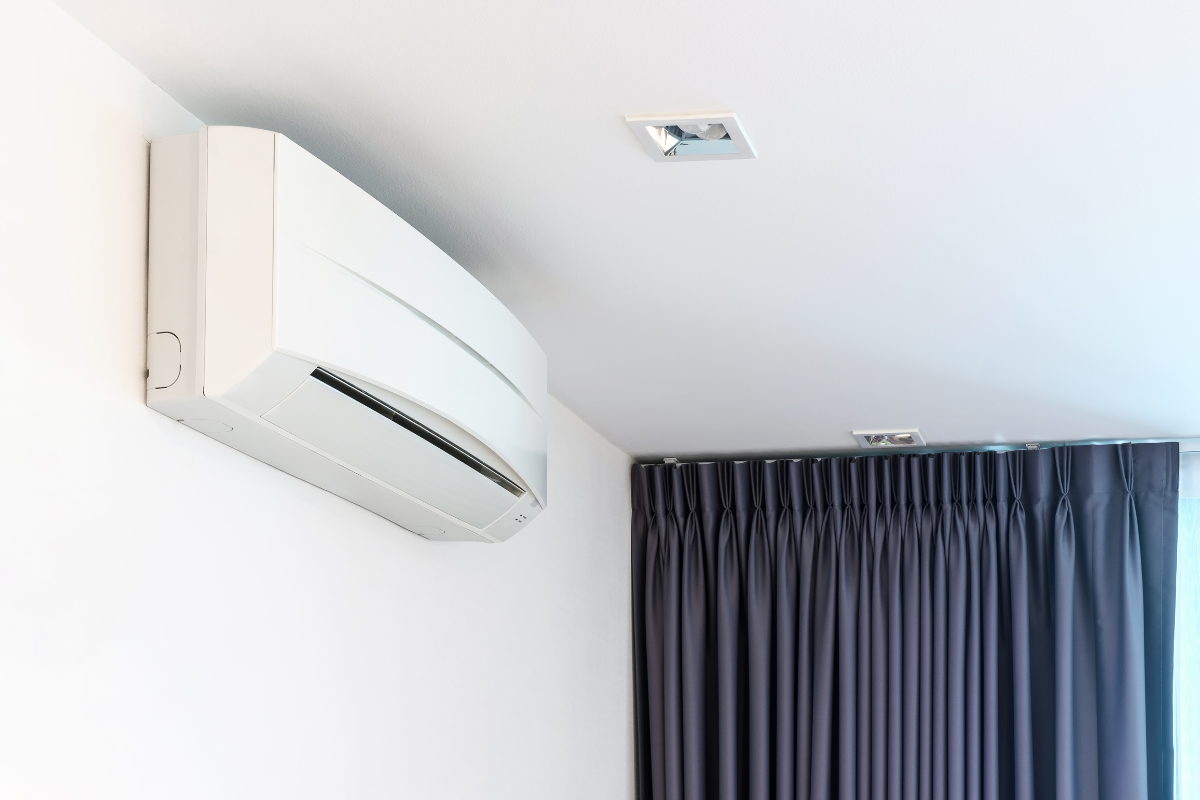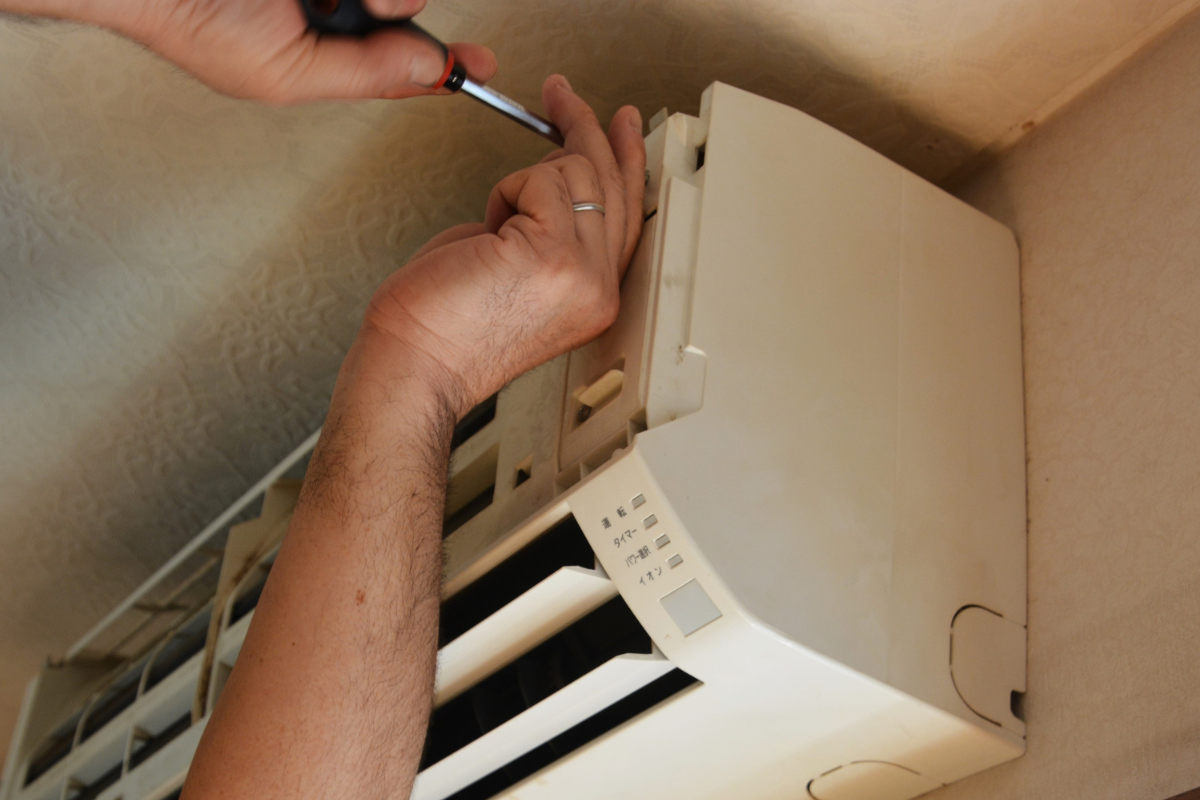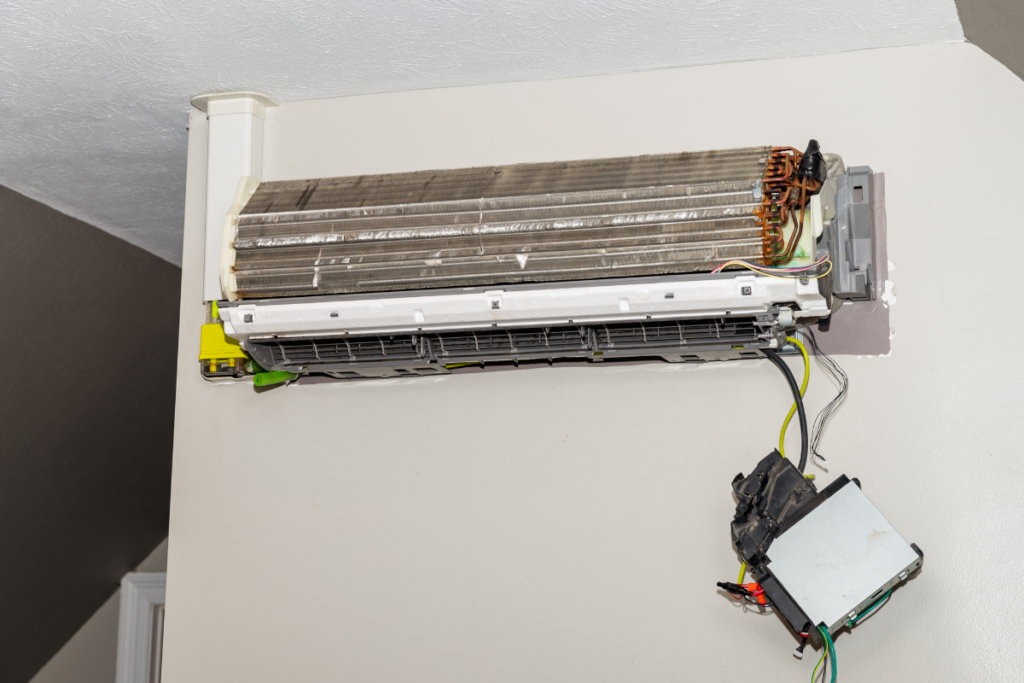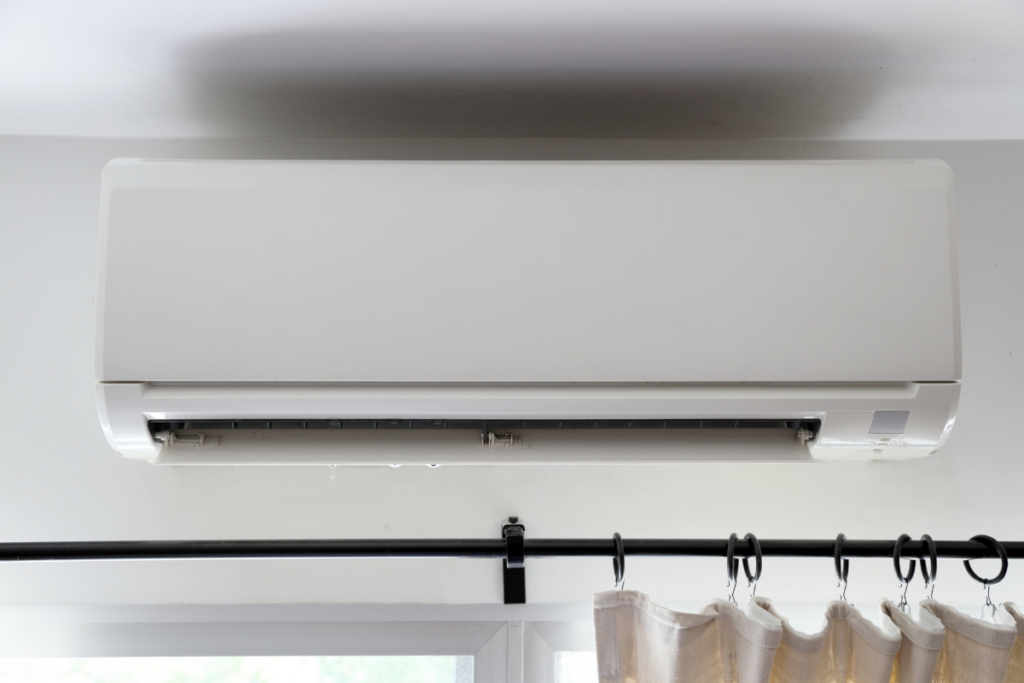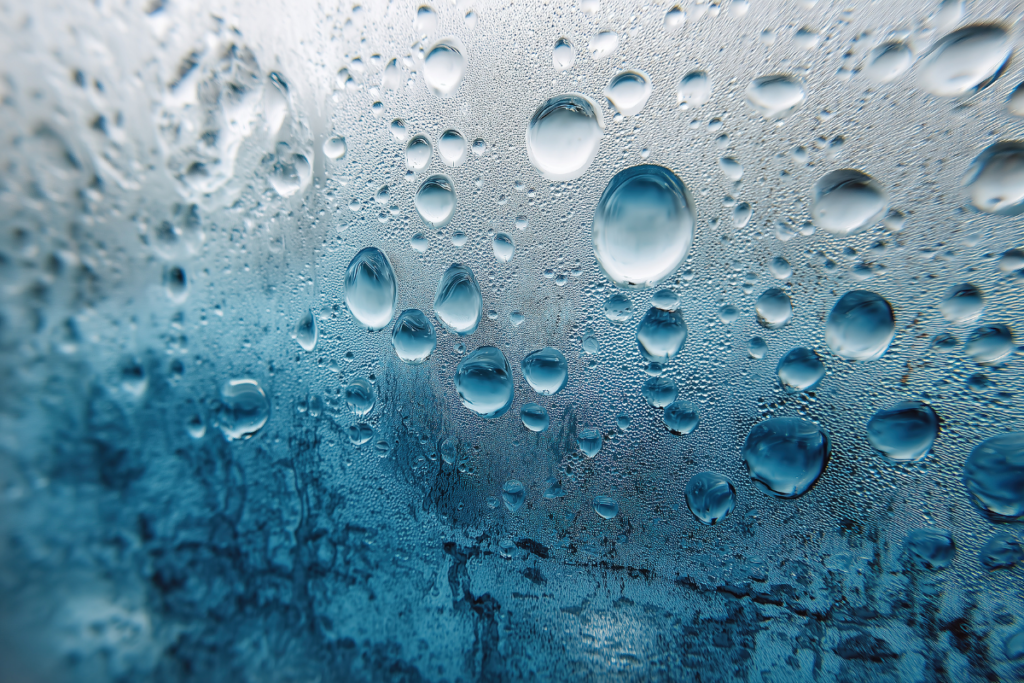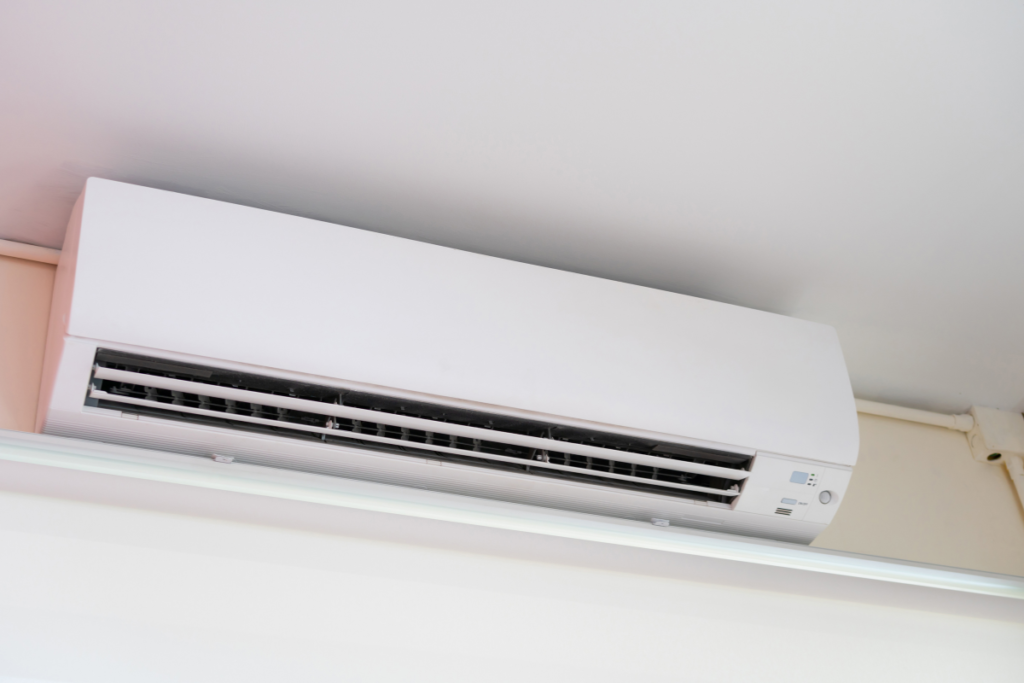Gold Coast has a very unpredictable nature when it comes to weather. Heavy rains and tropical storms present a real danger to outdoor AC units. Water damage can make repairs quite costly, lead to electrical issues or possibly totally destroy your unit if not dealt with in a proper manner. Luckily, by taking the right kind of precautions, the HVAC system can be protected from flooding, debris, and moisture buildups. Fortunately, the right steps will assure the protection of your HVAC unit from any water damage and function for years. From techniques in storm proofing your heating systems, drainage improvements, to proper AC placement, you’ll find everything you need to know about post-storm maintenance here, helping your AC unit stay in peak condition.
The Hidden Dangers Of Water Damage To Your AC
1. Electrical Failures & Short Circuits
Water and electricity are a disaster waiting to happen. As a result, moisture can seep into your AC’s electrical components, causing short circuits, blown fuses, and even complete system failure. In some cases, it can create a fire hazard, making it a serious safety concern.
2. Compressor & Fan Motor Damage
Some of the highest-priced parts when it comes to AC repair are the compressor and the fan motor. Moisture entering these parts leads to overheating, corrosion, or total failure, bringing costly repairs and a new air conditioning set into play.
3. Mold Growth & Poor Indoor Air Quality
Gold Coast’s humid setting allows homes to grow mold in them; in addition, a water-damaged AC unit can further exacerbate this situation. Mold can develop inside your air ducts, leading to musty odors and posing potential risks to health, such as respiratory problems and allergies.
4. Drainage Problems & Standing Water Issues
Should your AC unit fail to adequately drain extra water, internal leaks, rust, and even home foundation damage may follow. A clogged drainage system can also lead to water pooling around the unit, increasing the risk of flooding.
How To Protect Your AC From Water Damage
1. Install a Protective Cover
An outdoor air conditioner cover with good ventilation will protect the unit from dirt and falling debris and protect it from pouring rains. But remember to use the right type of cover—one that does not completely seal the unit may trap moisture, which can hasten corrosion and mold growth.
2. Improve Drainage Around The Unit
If water pools around your AC after every storm, it’s only a matter of time before problems start. Here’s how to fix it:
- Make sure the ground slopes away from the unit to prevent water buildup.
- Place the AC on a gravel bed or concrete pad to improve drainage.
- Keep drain lines clear—if they get clogged, water will back up into the system
3. Elevate Your AC Unit To Prevent Flooding
For homes prone to flooding, such as those on the Gold Coast, elevating an AC unit through several inches of masonry can be pivotal. Such endeavors have impelled homeowners on the Coast to put their AC units up on lace wooden platforms or mount the unit on a safe wall bracket. Just such a step will prevent flood waters from reaching crucial components and may save you thousands in potential repairs
4. Secure The Unit Before A Storm
Before an incoming storm, take these steps to storm-proof your AC:
- Turn off the power: This prevents electrical damage if flooding occurs.
- Remove loose objects around the yard: Items like garden furniture, pots, or tools can become airborne and damage your AC.
- Use hurricane straps (if needed): In areas prone to extreme weather, securing your unit with hurricane straps can prevent it from shifting or toppling.
5. Perform A Post-Storm Inspection
Once the rain clears, don’t just assume your AC is fine—check for these common issues:
- Check for visible damage: Look for dents, debris, or signs of rust.
- Inspect electrical connections: If you see exposed wires or notice a burning smell, do NOT turn on the unit—call a professional.
- Test the system: Once the unit is dry, turn it on and listen for unusual noises. If it struggles to start or isn’t cooling efficiently, schedule an inspection.
Keep Your AC Safe & Efficient With DEEPCHILL
Protecting your AC from water damage isn’t just about avoiding costly repairs – it’s not only about ensuring your home stays comfortable, your air stays clean, but also helps your system run efficiently year-round. By taking simple steps like improving drainage, elevating your unit, and securing it before storms, you can extend the lifespan of your AC and prevent emergency breakdowns.
Living on the Gold Coast, we know how brutal the heat can get and how unpredictable the storms can be. A reliable AC isn’t just a luxury—it’s a necessity. That’s why so many locals trust DEEPCHILL to keep their homes cool, comfortable, and protected year-round.
Whether it’s installing a new energy-efficient system, storm-proofing your unit, or performing expert maintenance, DEEPCHILL has got you covered. We’ve helped countless Gold Coast homeowners avoid costly breakdowns, improve air quality, and stay cool even in peak summer.
Book a consultation with DEEPCHILL and experience reliable, energy-efficient cooling!


